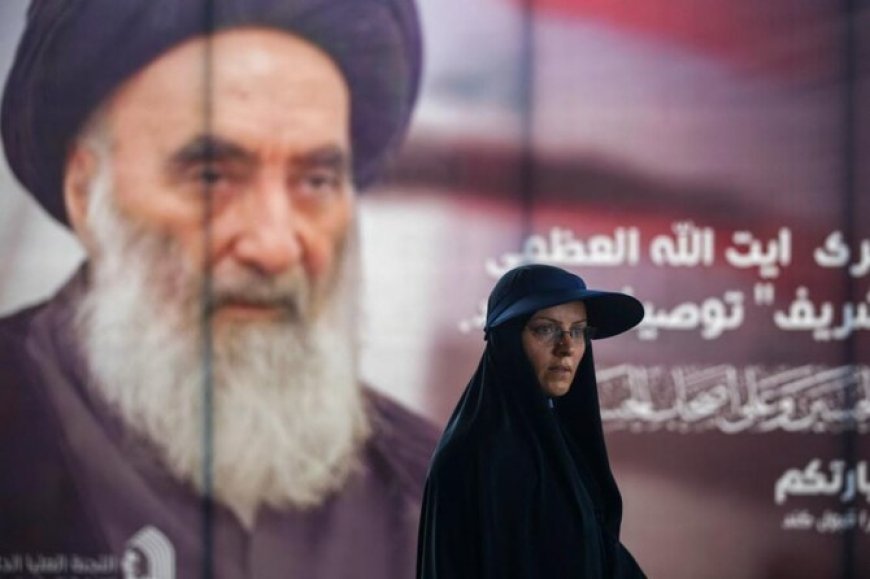Ayatollah Ali Sistani calls for end to Israeli ‘aggression’ on Lebanon
Grand Ayatollah Ali Sistani, Shiite Islam’s highest authority in Iraq, appealed Monday for “every possible effort” to end Israeli “aggression” against Lebanon, where it is targeting the Shiite Hezbollah movement.

Grand Ayatollah Ali Sistani, Iraq's leading Shiite cleric, strongly urged on Monday an immediate stop to Israeli "aggression" against Lebanon, especially directed on Hezbollah. His appeal coincides with growing violence resulting in the highest daily toll in almost a year of cross-border warfare. Emphasizing the terrible humanitarian consequences, Sistani urged "every possible effort" to be made to stop the bloodshed and safeguard the Lebanese people.
With Monday's Israeli bombings in southern Lebanon apparently killing 50 people and injured more than 600, the continuous conflicts between Israel and Hezbollah have escalated. Children, mothers, and emergency responders among other victims emphasize the indiscriminate character of the strikes. Although the Israeli military has also advised Lebanese people to flee places close to Hezbollah targets, the strikes have still caused chaos in areas populated.
Sistani's criticism fits more general regional worries about the instability emerging from the war. Being among the most powerful people in the Shiite society, his remarks have great weight not only in Iraq but all over the Middle East. His call captures the mounting discontent among the Shiite community about the state of affairs in Lebanon, especially because Hezbollah, a militant force closely linked to Iran, stays firmly entangled in the fighting with Israel.
The bloodshed marked a fresh chapter in the long-standing animosity between Israel and Hezbollah, which have frequently erupted into open conflict since the 2006 Lebanon War. Cross-border conflicts have been more common in recent months, which fuels worries about a more general regional escalation. Israel sees Hezbollah as a major threat, hence the organization has responded with missile fire, aggravating already delicate circumstances.
Sistani's demand for the stop of the attack emphasizes the need of diplomatic initiatives to stop more carnage and safeguard people. Growing demand for a ceasefire and a return to negotiations before the war escalates further out of control as the world community observes the situation with mounting worry.













































